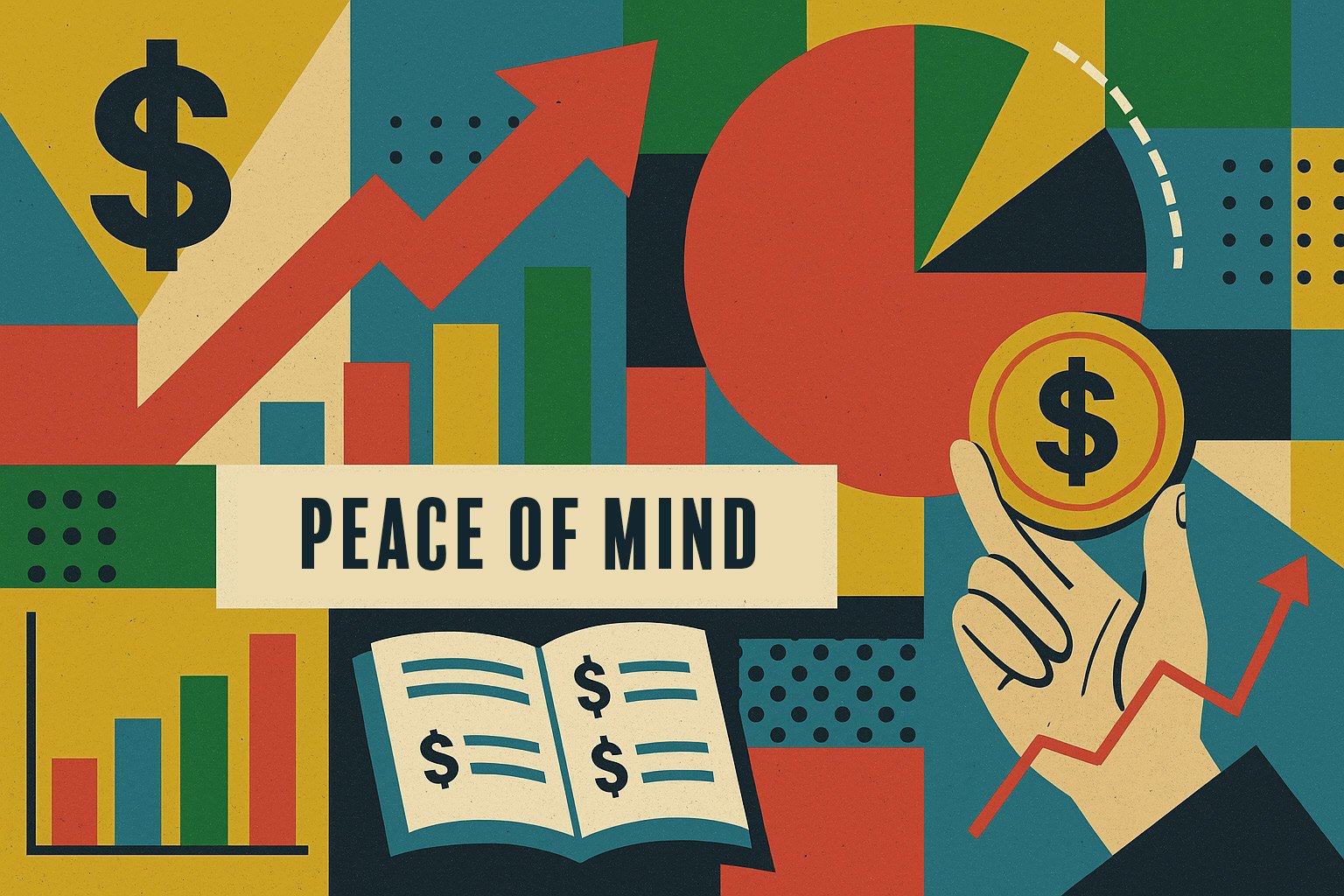The Echo Chamber Effect: Cultivating Empathy in a Polarized World

Why Empathy Isn’t Optional Anymore
It’s a weird paradox. Although we’re more connected than ever, with phones constantly buzzing with updates and feeds scrolling endlessly, it feels like we’re all living on separate planets. That’s the echo chamber effect. Those aren’t just buzzwords but an actual mental bubble where the only voices you hear sound suspiciously like your own.
Comfortable? Sure. But over time, that comfort comes at a cost, and our ability to empathize fades. At Republic Of Peace, we believe empathy isn’t a luxury—it’s the glue that holds diverse societies together.
So what’s going on? Blame the algorithms, maybe. Or our natural tendency to stick close to what feels familiar. Personalized feeds and one-sided narratives create silos so tight that genuine dialogue starts to feel like a lost art. And when everyone around you agrees with you, it’s easy to forget how to listen.
When Echoes Become Walls
Here’s the thing about echo chambers: they don’t just make you less informed—they make you less human, in a way. Slowly, subtly, they chip away at your ability to see others.
- You start to assume you’re right by default. Everything you read backs you up. And everything that doesn’t must be wrong, or worse, could be dangerous.
- People become “them.” Not just different but wrong, irrational, and even bad.
- Dialogue dries up. Common ground gets buried beneath assumptions. Empathy becomes harder, then rarer, and finally, optional.
- Big problems stay unsolved. Why? Because solving anything complex requires multiple angles. Echo chambers cancel out those angles before they even enter the room.
Recognizing the trap is step one. Escaping it takes practice. Here’s how.
5 Ways to Grow Empathy in a World That Feeds Division

Think of empathy like a muscle—it weakens with neglect but strengthens with use. Here are five ways to get back in shape:
1. Break the Algorithm Loop
If your media diet only confirms what you already believe, it’s time to mix it up. Read across the spectrum. Dive into long-form pieces, not just flashy headlines. You don’t need to agree with everything, but understanding starts with exposure.
Try this: If you usually lean left, read a thoughtful, right-leaning op-ed. Or vice versa. And don’t skim. Read the whole thing. Sit with the discomfort if it shows up.
2. Listen. Truly Listen.
Most of us listen to reply, not to understand. Flip that script.
Try this: Next time you’re in a conversation—even a heated one—pause. Allow the other person to speak uninterrupted for five minutes. Ask open-ended questions like, “What brought you to that conclusion?” instead of, “Don’t you think that’s wrong?”
It’s not about agreement. It’s about respect.
3. Talk to People Outside Your Bubble
Online debates don’t count. Go analog. Look for local forums, cultural events, interfaith meetups, and in-person spaces where diverse worldviews can come together.
Try this: Enter those spaces not to argue but to observe. What values do you both share under the surface? (Spoiler: safety, dignity, love for family, purpose.)
4. Imagine Their World—Literally
When a viewpoint clashes with yours, don’t shut down. Get curious. Ask yourself what life circumstances might lead someone to think that way.
Try this: Read fiction from a voice totally unlike your own. Watch a documentary about a group you don’t understand. Let stories get through to your heart like facts sometimes can’t:
5. Audit Your Own Biases
We all have blind spots. Not because we’re bad people, but because we’re human.
Try this: Journal after a heated conversation or a news story. What made you react? What assumptions were underneath that reaction? For a deeper dive, check out the Harvard Project Implicit bias tests. Awareness is uncomfortable yet vital.
One Conversation at a Time: The Republic Of Peace Mindset
Here’s the truth: empathy isn’t about being nice. It’s about being real and being willing to sit with complexity. To stop assuming. To start asking.
We’re not saying you have to agree with everyone. But what if your goal wasn’t to win the argument, but to better understand the human being across from you?
That’s the quiet revolution Republic Of Peace is calling for. Empathy as a daily practice. Connection as resistance. Peace is not an absence of conflict but the presence of understanding.
So, step outside your bubble. Ask better questions. Choose curiosity over certainty.
And watch what happens when people feel genuinely heard.




